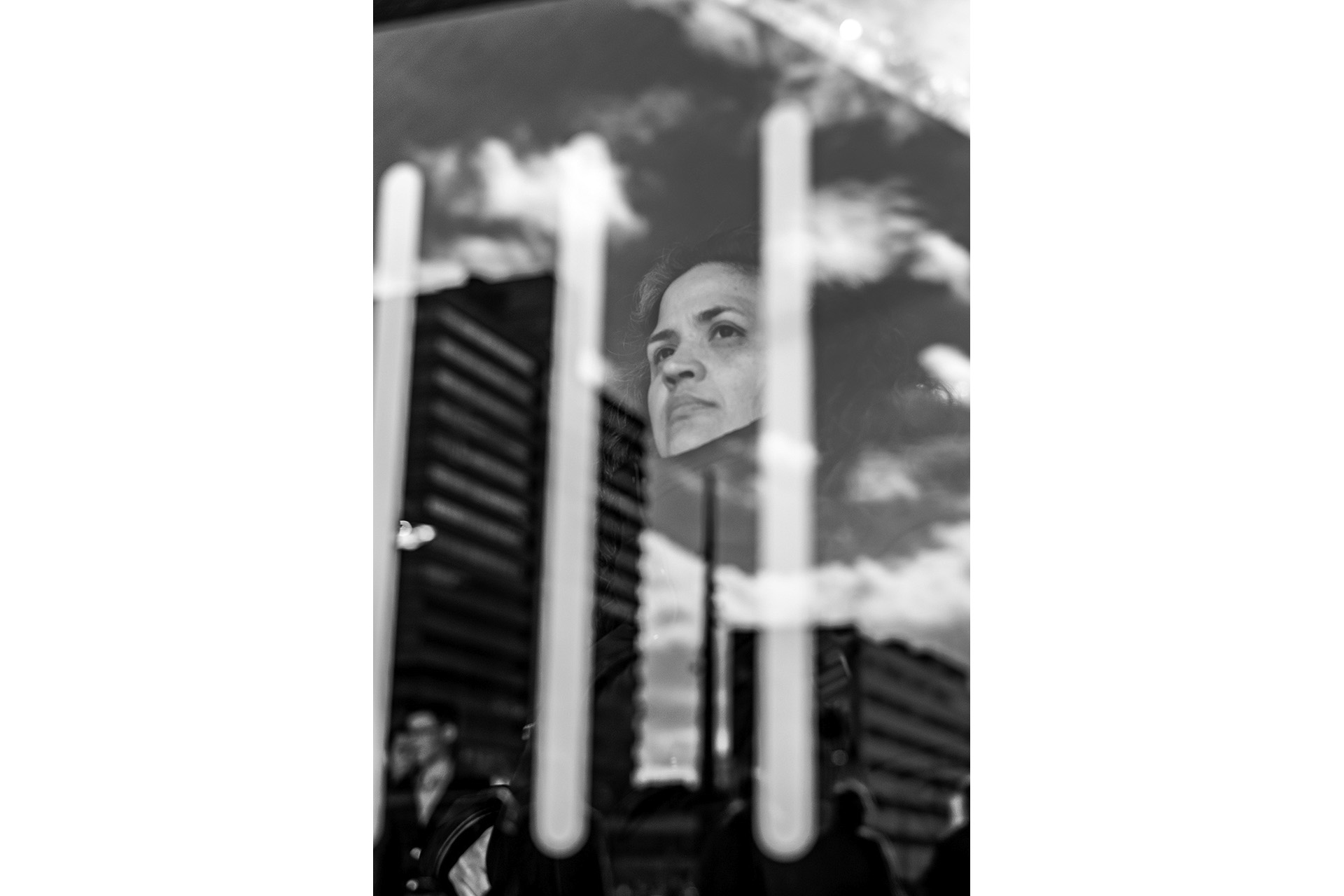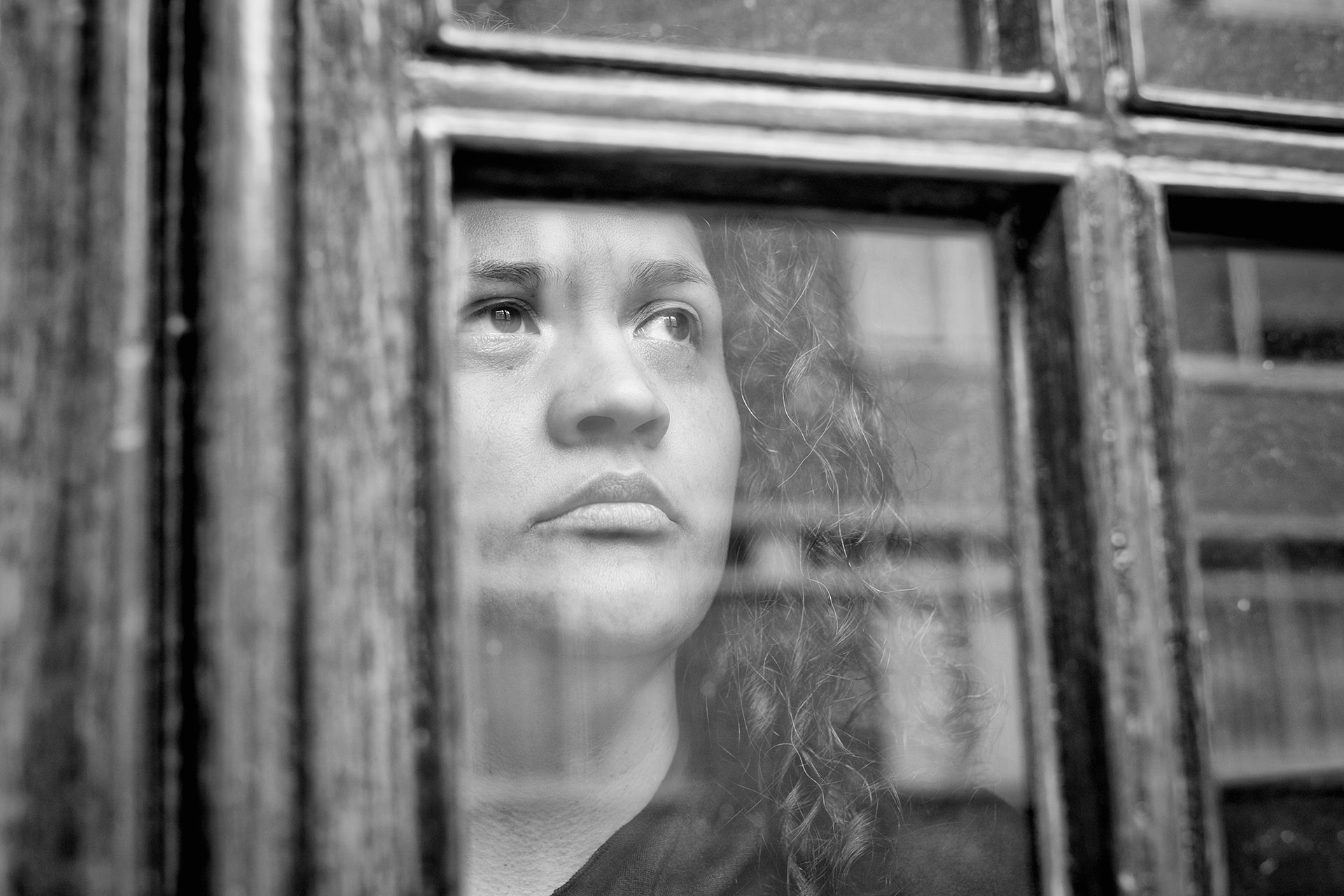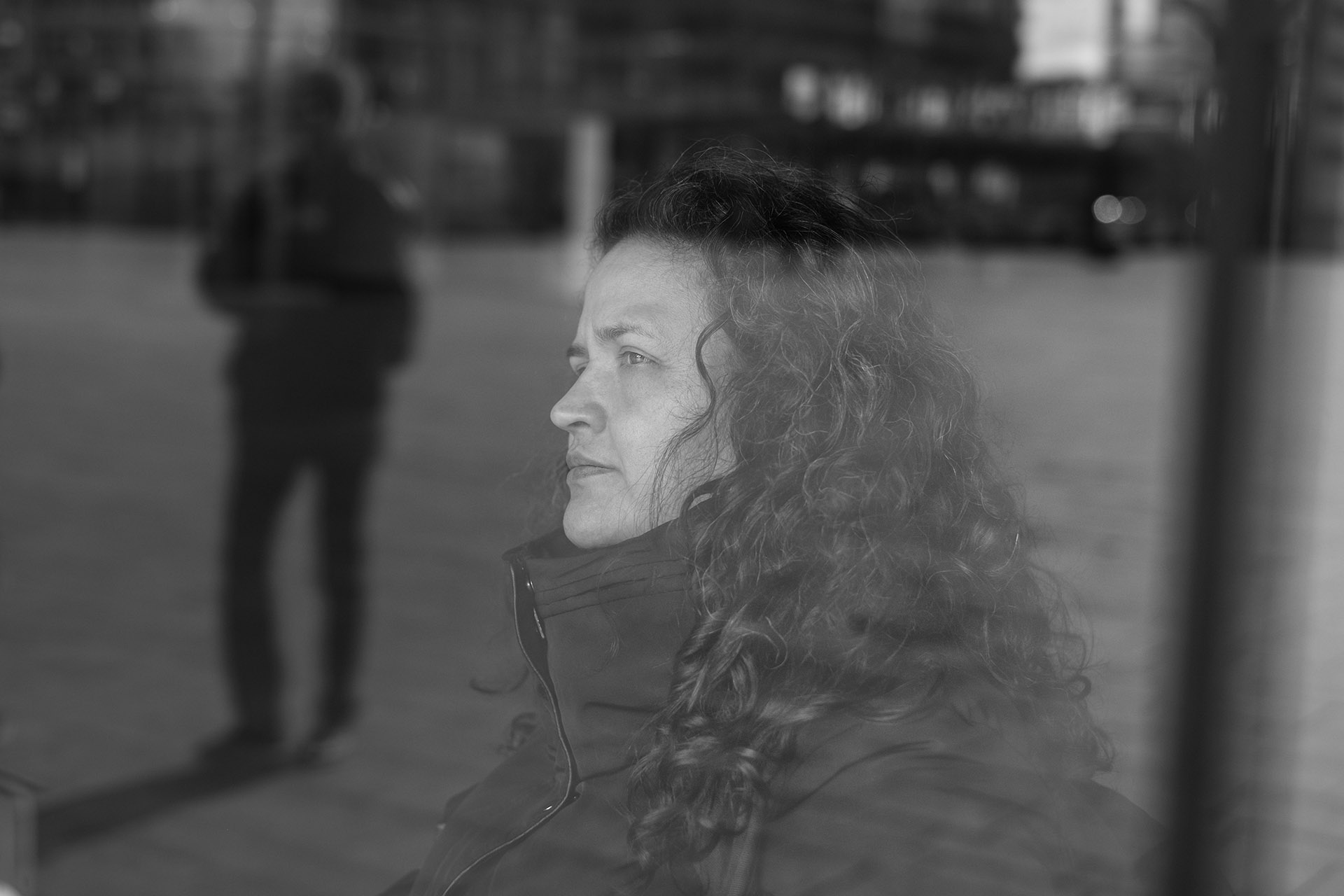


I work as a team worker within addiction care & psychiatry. Besides care and support, setting boundaries is also very important for my profession. Boundaries protect, they offer safety for the person who is given boundaries. This also counts for myself. Last year, I hit rock bottom. This made me take time to think about myself. I got help, and this created space for change. I am now working hard to implement that change.
During the first years of my life I lived in Colombia. But not with my mother. I lived in several locations, I went from one person to the next. I was about two years old when I came to the Netherlands. I had a heart defect, therefore people thought it would be better if I went to a country where I could get the surgery. My adoptive parents here in the Netherlands split up not long after. I stayed with my adoptive mother, but that did not go well. She always wanted to have a daughter, and she dedicated all her time to me and raising me. I did not like this at all, and I pushed her away from the start. The more she tried, the more difficult it was for me to get along with her. I have not been in touch with her for 17 years. I do talk to my adoptive father every now and then. I believe that is because I never lived with him. There is more of a distance between us. It is hard for me to let people get close to me. I was lonely as a child, insecure, unstable, and aggressive. I had to see a psychologist, since it is not allowed to throw chairs in the classroom. I had friendships, but I always lost them because I argued a lot. I did not finish a lot of my education. It was hard for me to concentrate, and I was often unable to put the things I knew on paper.
<strong>I want to show the hidden sorrow.</strong>
I never consciously blamed my adoption for my problems. Yes, I showed boundless behaviour, and the kind of people I hung out with were often not the right choice. The aggression I had as a child, it is still there. For those around me, I can be difficult, but it is mostly difficult for myself. You are asking me what I think of myself, and I have to say that I do not know. I never thought of that. For the first time in my life I am dealing with that, thinking about myself. Only now I am learning that I am worthy, that I have qualities, and that there are things I am not as good at, and I am learning that is also fine. “It is time for you to start taking yourself seriously”, my psychologist said. I am starting to realise that the things that are difficult for me are not necessarily my fault, I simply did not learn how to do certain things. Now I am ready for that, I can and want to work on it with therapy.
I am pleased that now I am in contact (even though it is minimal) with part of my biological family. My mother died in 2009, I was able to meet her once. She was a difficult woman, and I think I am a lot like her, on the outside and inside. Although I would have died young because of my heart defect, I would have preferred to grow up with my biological family. I have many scars now. Literally and figuratively.
I often describe my adoption as a sunflower that I took from the ground without its own roots that was put back into the dirt in a different country with strange roots. Sunflowers are unknown to people here, and it was hard for me to fit in.
I pushed the sunflower into the background and I have become a cactus with spines. To protect myself.
It is now time to be the sunflower that I really am again. I owe it to myself.
Tekst: Inge van Meurs Fotografie: Ton Sondag
